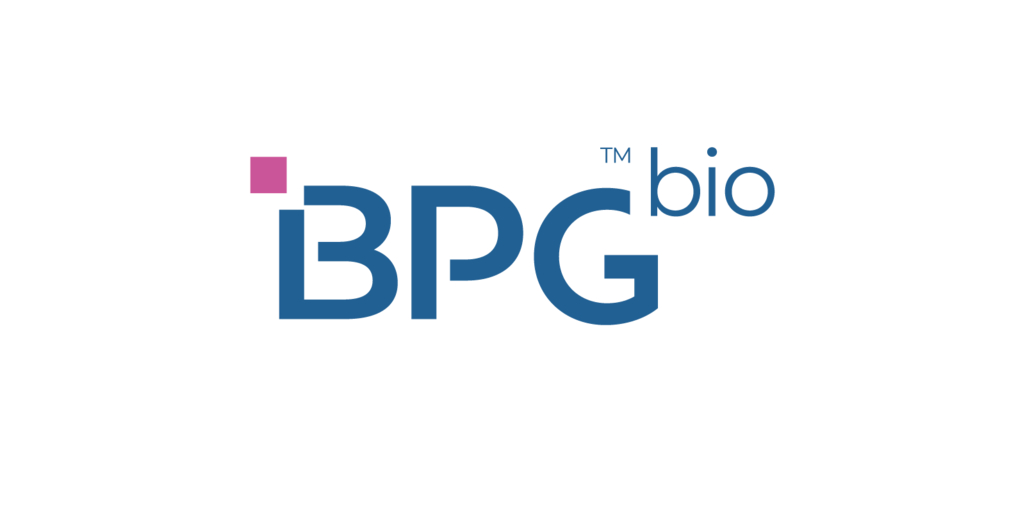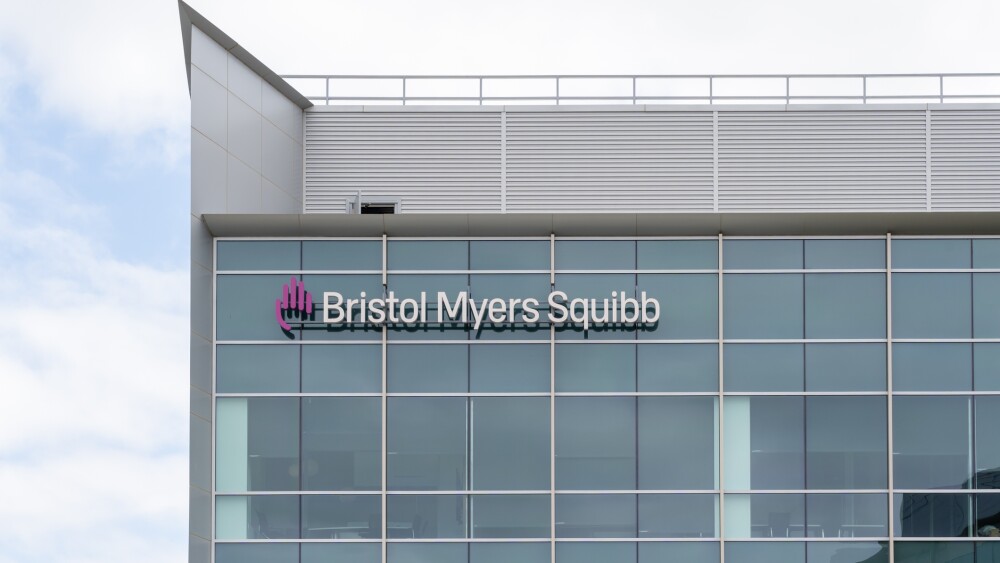- Novel ubiquitin-proteasome UBE2K target and UBE2K discharge inhibitor, BPG-0812 demonstrates potential to reduce toxic protein aggregates in Huntington’s Disease
- Alzheimer’s Disease protein biomarkers identified through collaboration with Harvard Medical School demonstrate liver and immune system alterations causally associated with cognitive decline
- Findings highlight NAi Interrogative Biology platform’s capabilities in novel drug discovery and biomarker identification even in some of the most challenging neurological diseases
BOSTON--(BUSINESS WIRE)--#Alzheimers--BPGbio, Inc., a leading biology-first, AI-powered clinical-stage biopharma company focused on mitochondrial biology and protein homeostasis, will present the results of two transformative studies at the Society for Neuroscience Annual Meeting, Neuroscience 2024. The conference will take place from October 5-9, 2024, in Chicago, Illinois. Both studies leveraged BPGbio’s proprietary NAi Interrogative Biology® Platform, which employs a hypothesis-free, biology-first approach to drug and diagnostics discovery.
In the first study, titled “Disruption of Mutant, PolyQ Expanded Huntingtin Aggregation by Modulation of UBE2K, a Novel Ubiquitin-Proteasome Drug Target,” researchers showed that reduction of the E2 ubiquitin-conjugating enzyme, UBE2K/HIP2, leads to a loss of mutant Htt aggregates, which cause Huntington’s Disease. Researchers also demonstrated that treatment with the UBE2K discharge inhibitor, BPG-0812, a small molecule drug candidate, slowed the discharge of ubiquitin from UBE2K. The results of this study suggest that modulating UBE2K activity can effectively disrupt the aggregation of mutant Htt, presenting a promising new pathway for therapeutic intervention for Huntington’s Disease.
The second-first study, titled “A Systems Biology Approach for Biomarker Discovery in Alzheimer’s Disease Using Multi-Omics and Bayesian Artificial Intelligence,” identified several novel liver and immune system protein biomarkers linked to cognitive decline. Notably, one biomarker can predict the time until cognitive decline in patients with Alzheimer’s Disease. These biomarkers were discovered through an analysis of plasma and buffy coat samples from participants in the Massachusetts Alzheimer Disease Research Center’s longitudinal study, in collaboration with Harvard Medical School. The findings, drawn from individuals with varying levels of cognitive impairment, highlight how liver and immune system dysfunction contribute to cognitive decline, offering significant potential for diagnosing and monitoring the progression of Alzheimer’s Disease.
“Rare and age-related neurodegenerative diseases like Huntington’s Disease and Alzheimer’s Disease represent a significant healthcare and economic burden to society for decades to come. These findings highlight the power of our NAi Interrogative Biology platform in discovering disease modifying therapeutic targets and early-disease biomarkers that could one day transform the lives of people with neurodegenerative diseases,” said Niven R Narain, Ph.D., President and CEO of BPGbio.“Our research suggests new avenues and possibilities for the diagnosis of Alzheimer’s Disease, as well as for the treatment of Huntington’s Disease, both of which have patient populations in dire need of new solutions.”
Eric Nestler, M.D. Ph.D., Nash Family Professor of Neuroscience, Director, The Friedman Brain Institute, and Dean for Academic and Scientific Affairs of Icahn School of Medicine at Mount Sinai, and BPGbio Scientific Advisory Board Member and former President of the Society for Neuroscience, commented: “The ability to uncover novel drug targets and biomarkers using advanced AI-driven platforms like BPGbio’s NAi Interrogative Biology platform is transformative for the field of neuroscience. These findings not only deepen our understanding of complex diseases like Alzheimer’s Disease and Huntington’s Disease, but also pave the way for more precise therapeutic interventions, which are critical in addressing the profound unmet needs of these vulnerable populations.”
Poster Presentation Details:
Title: A Systems Biology Approach for Biomarker Discovery in Alzheimer’s Disease Using Multi-Omics and Bayesian Artificial Intelligence
Date and Time: Monday, October 7, 2024, 1:00 - 2:00 p.m. CDT
Location: MCP Hall A
Presenter: Michael Kiebish, Ph.D.
Program Number: PSTR207.21
Title: Disruption of Mutant, PolyQ Expanded Huntingtin Aggregation by Modulation of UBE2K, a Novel Ubiquitin-Proteasome Drug Target
Date and Time: Wednesday, October 9, 2024, 8:00 - 9:00 a.m. CDT
Location: MCP Hall A
Presenter: Gali Maor, Ph.D.
Program Number: PSTR394.09
About BPGbio
BPGbio is a leading biology-first AI-powered clinical stage biopharma focused on mitochondrial biology and protein homeostasis. The company has a deep pipeline of AI-developed therapeutics spanning oncology, rare disease and neurology, including several in late-stage clinical trials. BPGbio’s novel approach is underpinned by NAi, its proprietary Interrogative Biology Platform, protected by over 400 US and international patents; one of the world’s largest clinically annotated non-governmental biobanks with longitudinal samples; and exclusive access to the most powerful supercomputer in the world. With these tools, BPGbio is redefining how patient biology can be modeled using bespoke Bayesian AI specifically designed for solving large-scale biology challenges. Headquartered in greater Boston, the company is at the forefront of a new era in medicine, combining biology, multi-modal data, and AI to transform the way we understand, diagnose, and treat disease. For more information, visit www.bpgbio.com.
Contacts






